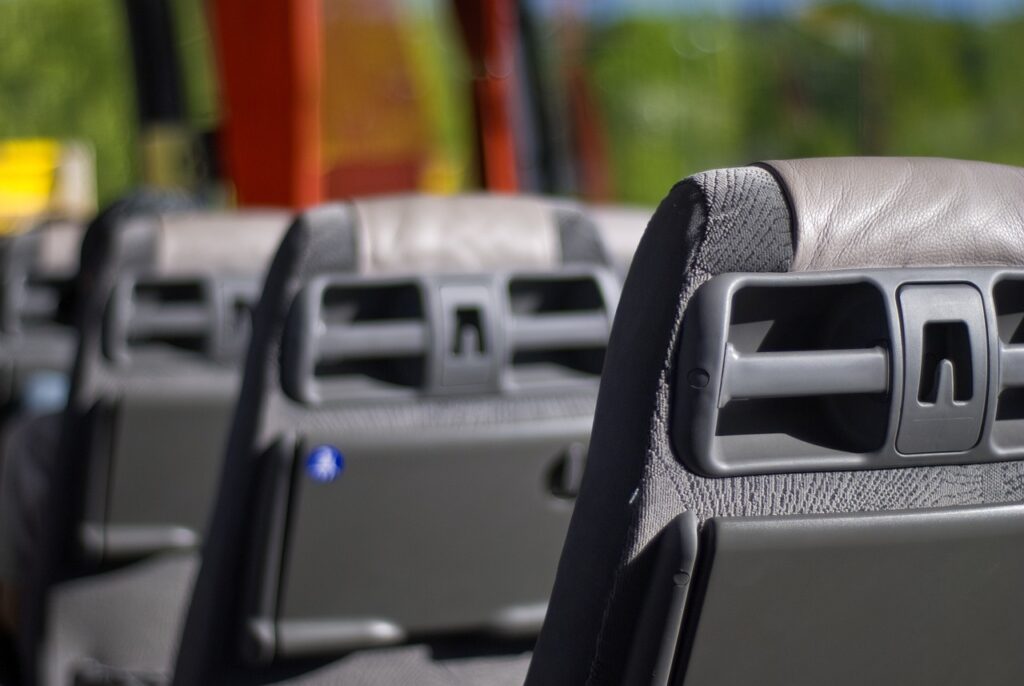Dubai’s Roads and Transport Authority (RTA) has embarked on a pivotal journey towards a greener future by initiating a trial for a hydrogen-powered bus.
This trial aims to evaluate the bus’s performance in Dubai’s unique climate and operational environment, aligning with the RTA’s broader commitment to sustainable transportation solutions.
The agreement for the hydrogen bus trial was formalized between Ahmed Hashem Bahrozyan, CEO of RTA’s Public Transport Agency, and Swaidan Al Naboodah, Managing Director of the partnering company. The trial is designed to test not only the bus itself but also the logistics of hydrogen fuel production and supply within Dubai. Partnering with ENOC, a key hydrogen supplier, the RTA aims to ensure the bus operates sustainably and integrates seamlessly with the city’s existing eco-friendly mass transit system.
Hydrogen buses present a promising alternative to traditional diesel-powered buses. Hydrogen, being lightweight and having three times the energy density of diesel, enables long-distance travel with minimal environmental impact. The key advantage of hydrogen fuel is its production of zero harmful emissions, which significantly reduces the carbon footprint of public transportation.
However, the deployment of hydrogen buses comes with its own set of challenges. The production and supply of hydrogen fuel must be efficient and sustainable to truly benefit the environment. Additionally, infrastructure for hydrogen refueling stations is still underdeveloped in many parts of the world, including Dubai. The trial aims to address these challenges by examining the feasibility of hydrogen fuel production and supply chains in the local context.
Globally, several cities have begun integrating hydrogen buses into their public transport fleets. For instance, London and Tokyo have already implemented hydrogen buses with positive results. These cities have demonstrated the viability of hydrogen fuel cells in public transport, providing a benchmark for Dubai’s initiative.
London’s hydrogen bus fleet, part of the Transport for London (TfL) initiative, has shown significant reductions in emissions and operational efficiency. Similarly, Tokyo has leveraged hydrogen technology as part of its broader strategy to host an eco-friendly Olympic Games. These examples highlight the potential benefits of hydrogen buses, but also underscore the importance of supportive infrastructure and strategic planning.
Dubai’s trial of hydrogen buses is a forward-thinking step that could pave the way for broader adoption of clean energy solutions in the region. If successful, this initiative could serve as a model for other cities in the Middle East and beyond, showcasing the feasibility of hydrogen as a sustainable fuel for public transport.
The RTA’s comprehensive approach, which includes evaluating the entire supply chain from production to refueling, is critical. Collaborating with partners like ENOC to ensure a sustainable hydrogen supply chain will be essential for the trial’s success. Moreover, integrating hydrogen buses into Dubai’s existing mass transit system could enhance the city’s reputation as a leader in sustainable urban development.
While the trial represents a significant step towards sustainable transportation, it is essential to remain cautious about the scalability of hydrogen technology. The economic and environmental feasibility of large-scale hydrogen production is still under scrutiny. Furthermore, the initial costs associated with hydrogen buses and refueling infrastructure are considerable. These factors need thorough evaluation to determine if hydrogen buses can be a long-term solution for Dubai’s public transport needs.
